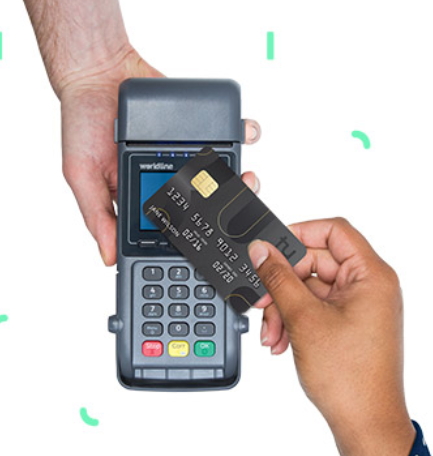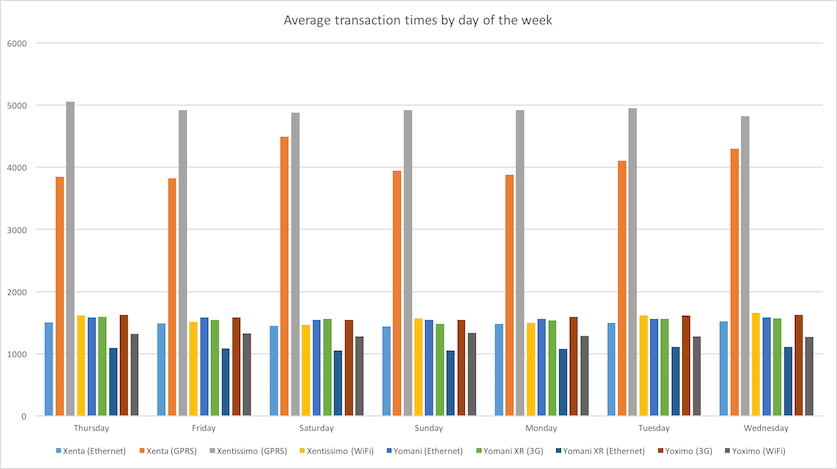
I read this article yesterday about consumer backlash over businesses going cashless as many businesses are switching to cashless payments mainly because it is fast, easy, healthy, and convenient. We are looking at a start of a political debate. Several states have made laws restricting businesses from going cashless in the US. I am sure it is coming here too.
Several of my clients have told me they are considering going cashless. Many of these now are only reluctantly taking cash.
I am no lawyer, but I know the Reserve Bank of Australia (RBA) states that Australian banknotes are legal tender and must be accepted for payment unless agreed upon by both parties. However, businesses can make their payment policy, like refusing cash payments.
As such, if someone wants to pay with cash, there may be little recourse available to the merchant if there is no clear sign indicating this cashless policy before the start of the transaction.
If a customer sits in your restaurant without such a sign, buys a meal, eats it, and then goes to pay with cash. If you are cashless, I wonder if you have much of a case for rejecting the cash as to why the customer would believe it would be a problem before ordering.
If you are cashless, you have to put signs saying that that can be plainly seen before the sale commences.
The Good Things About Going Cashless
There are many good things about going cashless for your business and your customers. Here are some of them:
- You can manage your money better: When you go cashless, all your money goes in and out of your bank account. This makes it easier to track your income and expenses, avoid mistakes, and save time. There are no trips to the bank.
- You can save money: Handling, storing, and depositing cash can cost you money and time. You need to check the tills regularly. You don't need to count cash, give change, or deal with cash shortages or surpluses. It requires extra equipment, for example, safes. You risk losing money due to robbery, theft, or misplacement. When you go cashless, you don't need any of these things.
- You can work faster: Today cashless payments are faster than cash. This lets you speed up your checkout process and reduce customer waiting times.

The Not-So-Good Things About Going Cashless
Going cashless is not all good. Here are some of them:
- You have to pay fees: Going cashless is not free. You must pay fees to banks and card networks for every transaction you process. These fees can add up over time and eat into your profit margin.
- You depend on technology: Cashless payments rely on technology to work. This means that you must invest in hardware, software, internet connection, security systems, and backup plans to ensure everything runs smoothly and without interruption. Cashless payments also expose you to the risk of technical glitches. We had a nasty one a short time ago when many of our clients were cut off from all card payments for days. These incidents did disrupt our clients' business activities, damaged their reputation, and did cause financial losses.
- You will lose customers: Many do not have cards, some do not want to go cashless if possible, and others prefer cash. Much of this is because cash has no surcharge, which is often cheaper. Some are worried as they see it as a further growth of big government.
Conclusion
Cashless payments are the future of business transactions. They offer many benefits to both businesses and customers. But they also come with some challenges and risks that retailers must consider.


